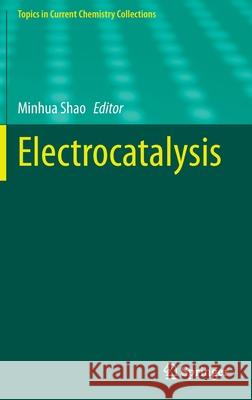Electrocatalysis » książka
topmenu
Electrocatalysis
ISBN-13: 9783030432935 / Angielski / Twarda / 2020 / 165 str.
Electrocatalysis
ISBN-13: 9783030432935 / Angielski / Twarda / 2020 / 165 str.
cena 1415,57
(netto: 1348,16 VAT: 5%)
Najniższa cena z 30 dni: 1349,42
(netto: 1348,16 VAT: 5%)
Najniższa cena z 30 dni: 1349,42
Termin realizacji zamówienia:
ok. 16-18 dni roboczych.
ok. 16-18 dni roboczych.
Darmowa dostawa!
Kategorie BISAC:
Wydawca:
Springer
Seria wydawnicza:
Język:
Angielski
ISBN-13:
9783030432935
Rok wydania:
2020
Wydanie:
2020
Numer serii:
000793589
Ilość stron:
165
Waga:
0.42 kg
Wymiary:
23.39 x 15.6 x 1.12
Oprawa:
Twarda
Wolumenów:
01
Dodatkowe informacje:
Wydanie ilustrowane











